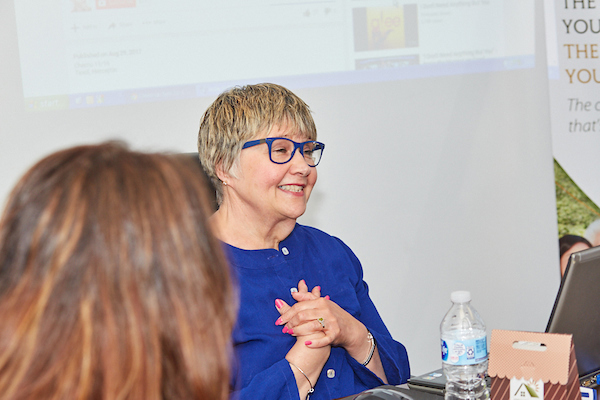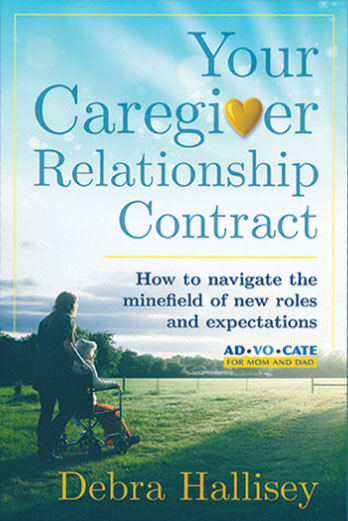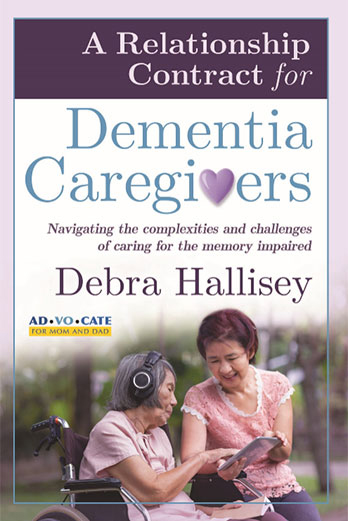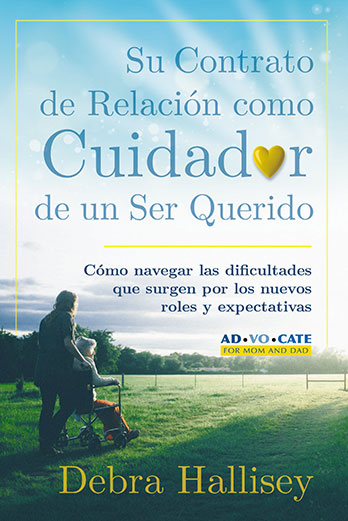Have you started picking up groceries for your aging parents while doing your own shopping? Do you go to the doctor with your loved one to be the second set of ears? Too often we ignore warning signs that our parent or other loved one needs assistance until an event such as a fall or a hospital stay no longer allows us to bury our heads in the sand. But without knowing what to expect as a caregiver, it is difficult to adjust to this caregiver role.
There is no set of “directions” for caring for a person with Alzheimer’s, or a related dementia disorder, each caregiving journey is unique and will be in a constant state of change as the disease progresses. However, having a start point in preparing for and going along this journey helps to create a lasting partnership with the person you care for, the care team you build along the way and may come to rely upon throughout the caregiving journey.
¿Ha comenzado a hacer las compras para sus padres mayores mientras hace sus propias compras? ¿Va al médico con su ser querido para ser el segundo par de oídos? Con demasiada frecuencia ignoramos estas y otras señales de advertencia indicándonos que nuestros padres u otro ser querido necesitan ayuda, hasta que un evento como una caída o una estadía en el hospital ya no nos permite enterrar la cabeza en la arena.

ABOUT DEBRA HALLISEY
In 2015 life changed for Debra Hallisey. She became responsible for her disabled mother after her father’s death. As she took on the roles of financial adviser, caregiver, social director—as well as her continuing role as daughter—she found herself asking “what do I do?” and “where do I start?” She brought her 25 years of experience as a consultant building and enhancing corporate training programs for Fortune 500 companies in the United States and Canada to the problem and, in the process, learned how many other people are in a similar situation caring for a parent, a sibling, a spouse, or significant other.


